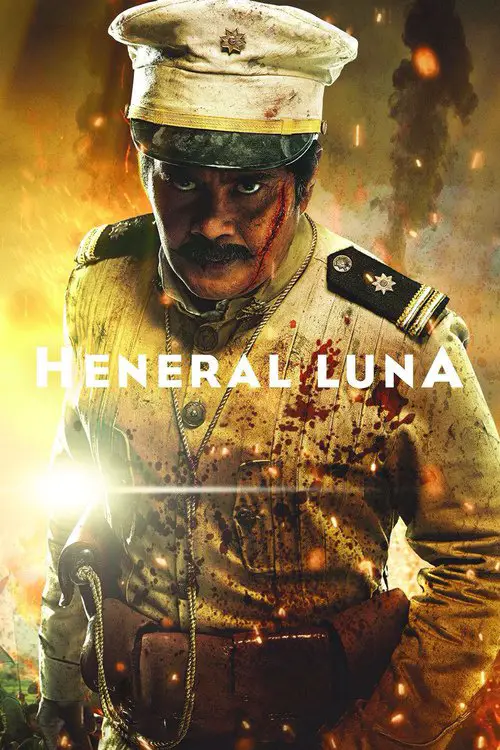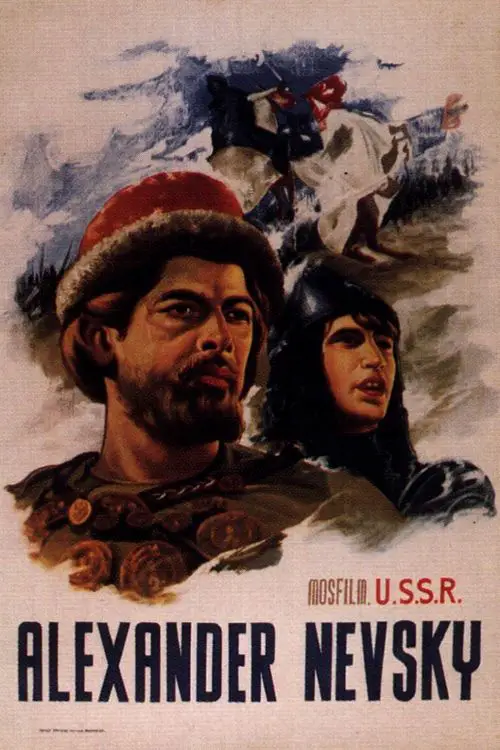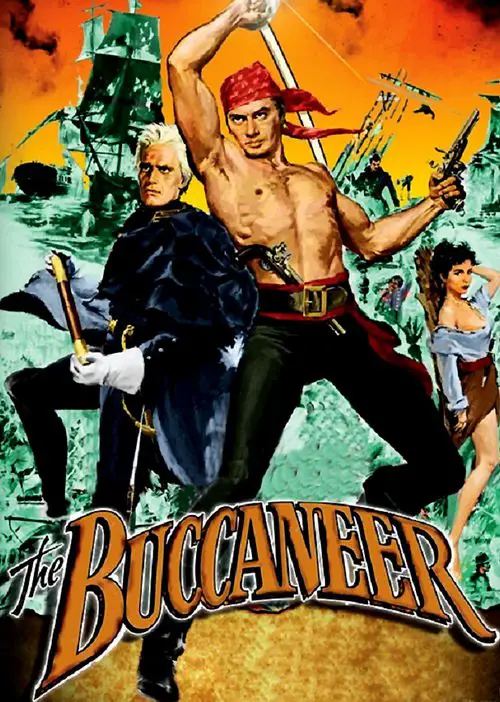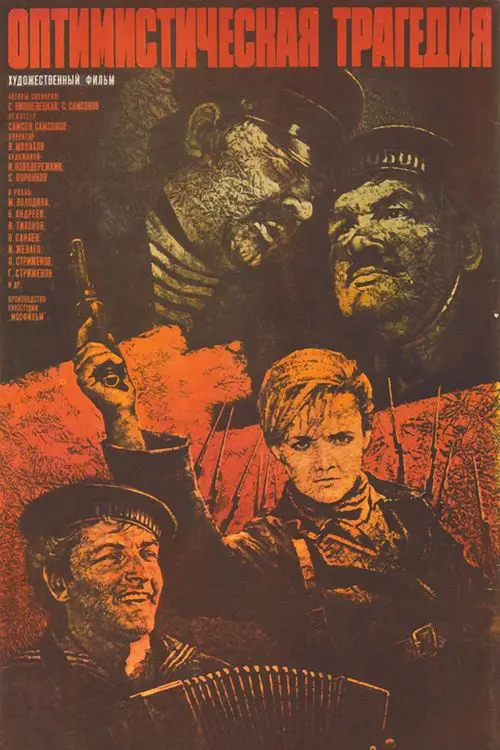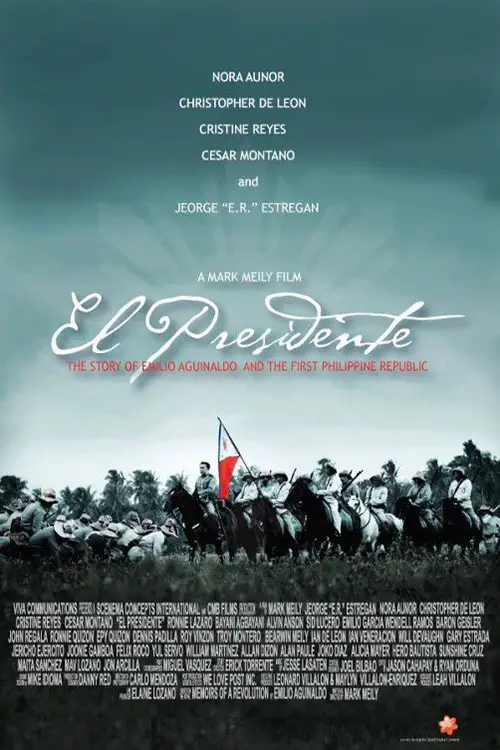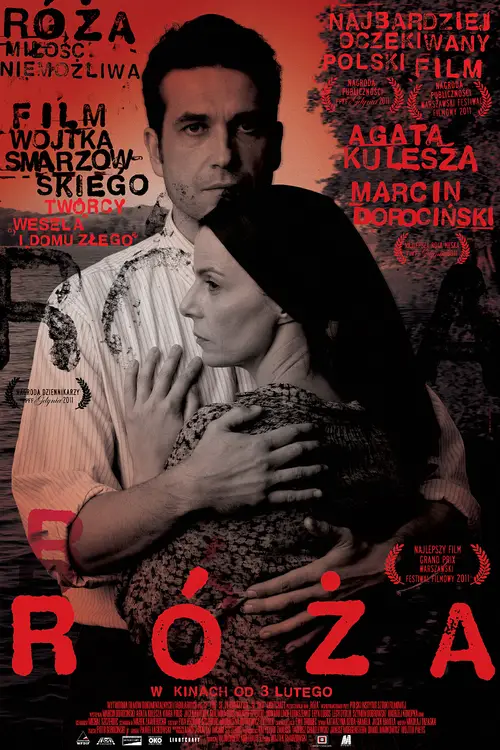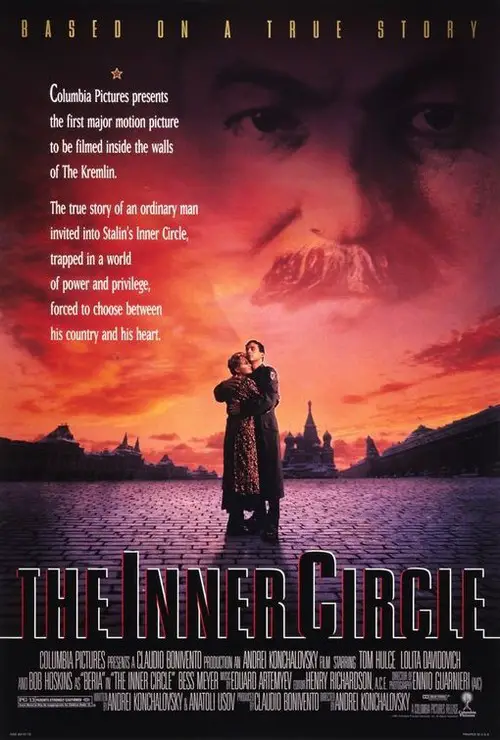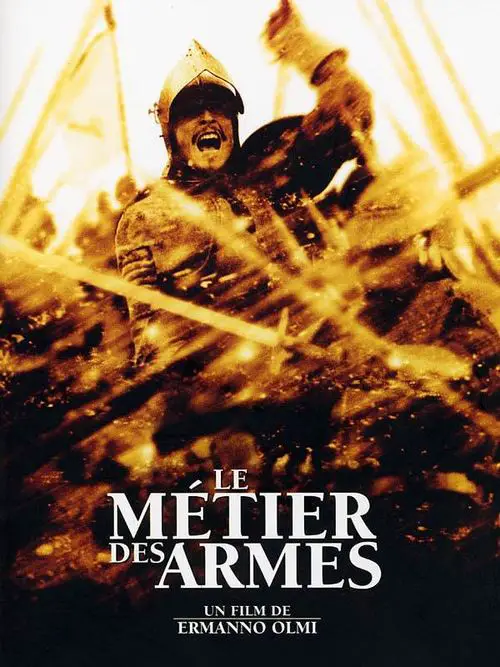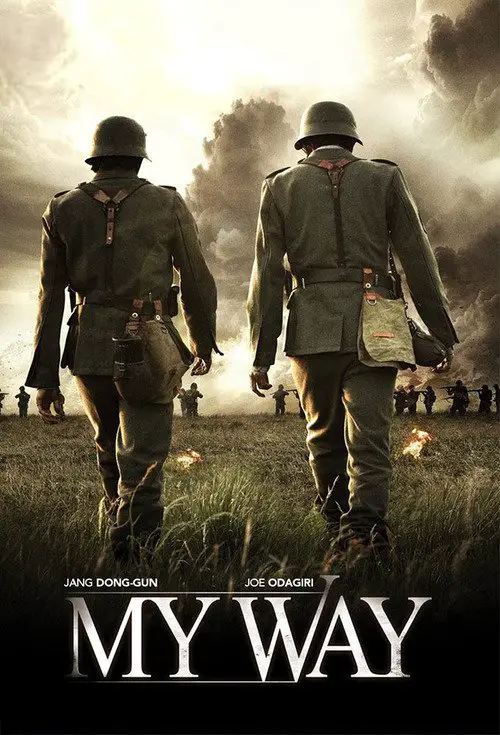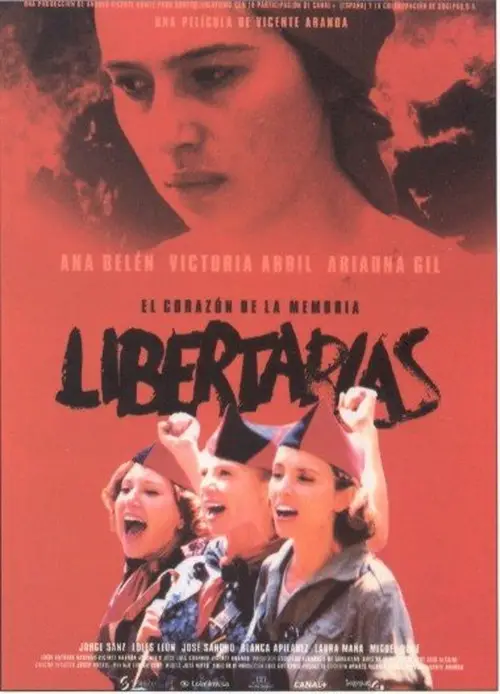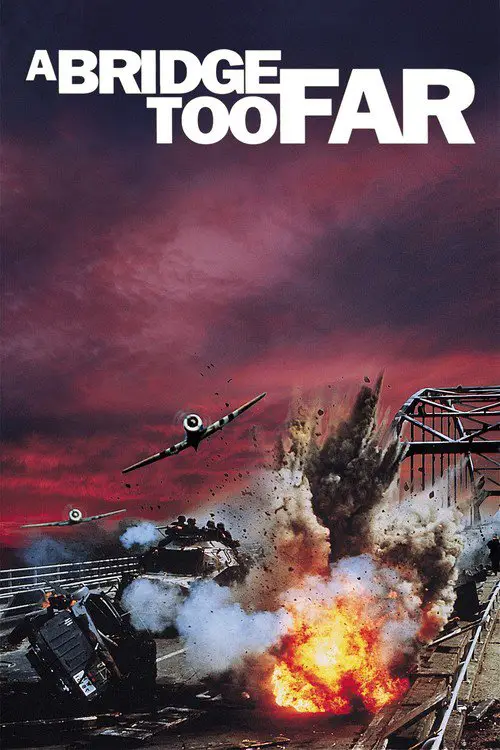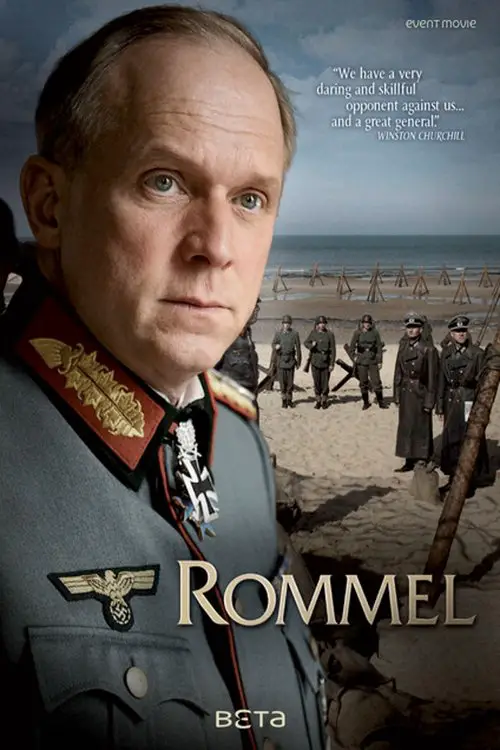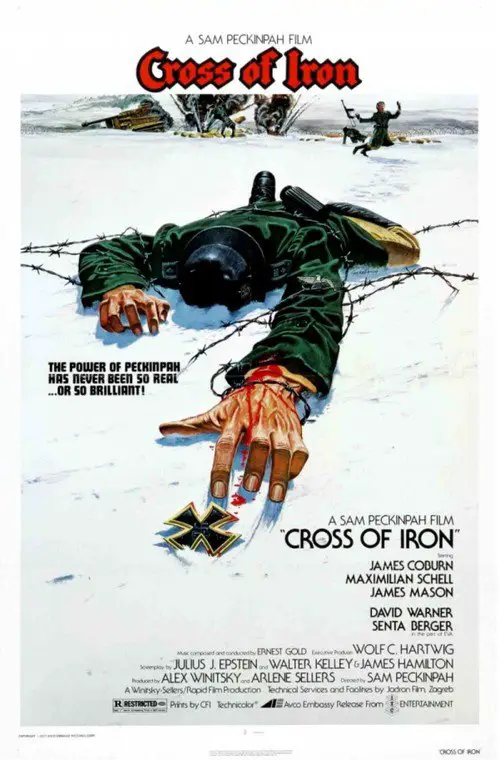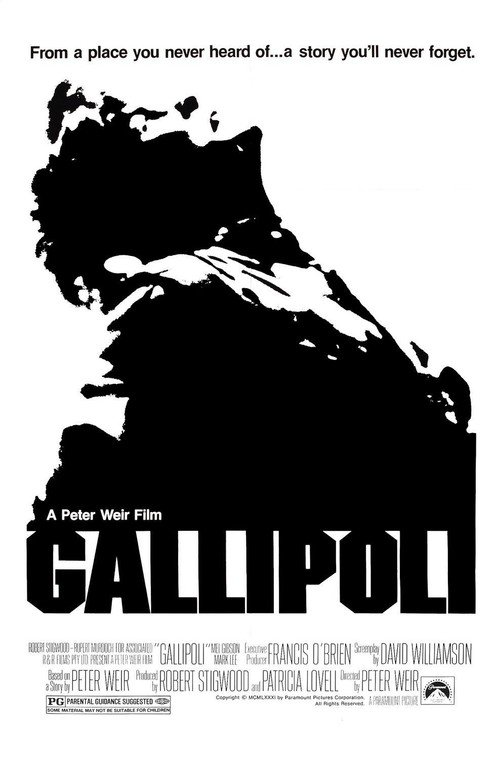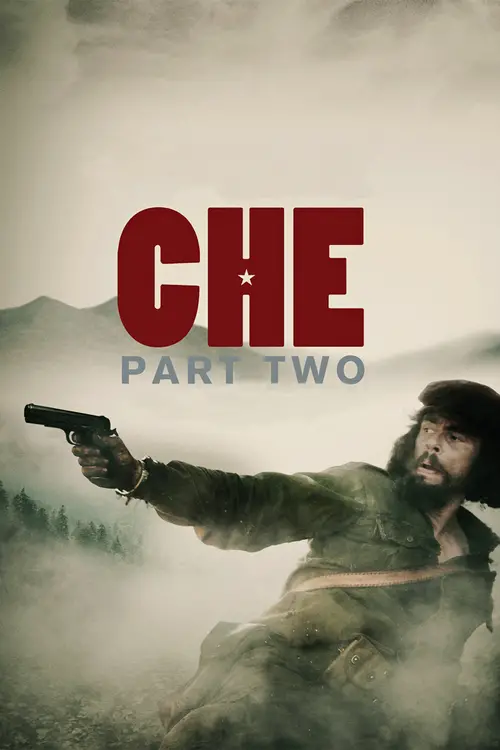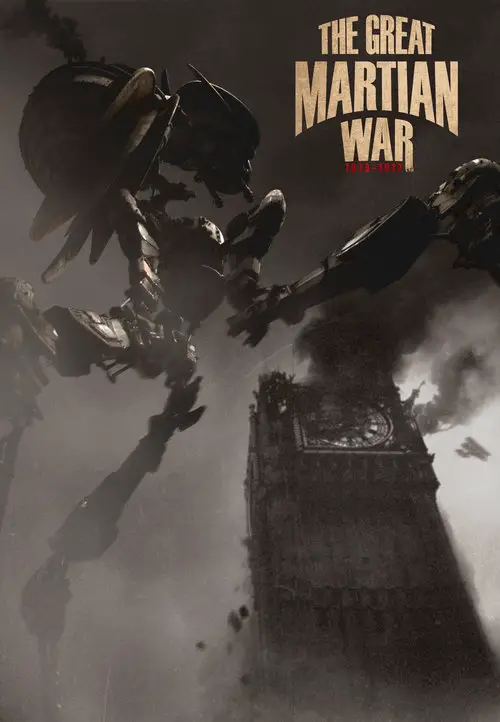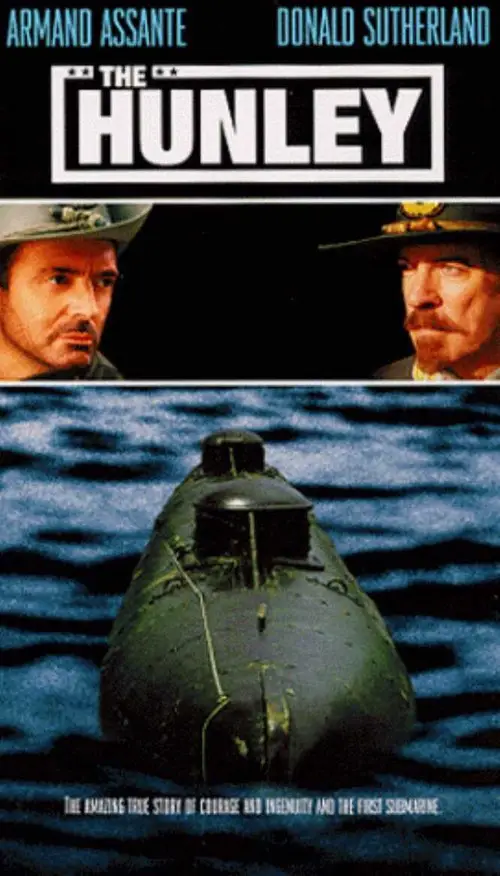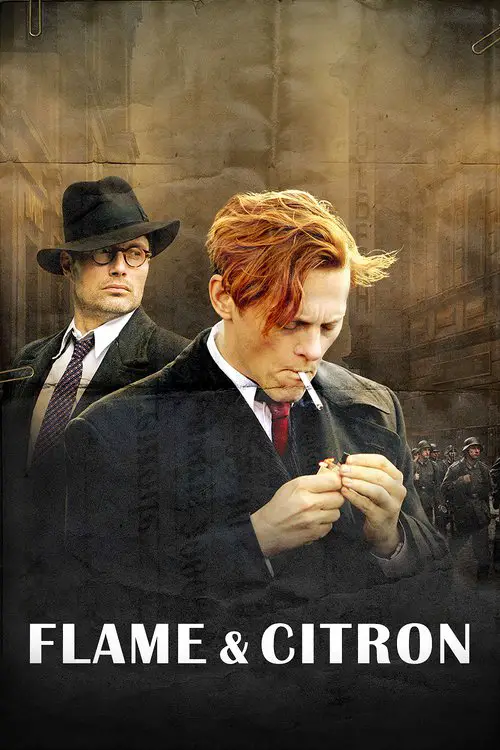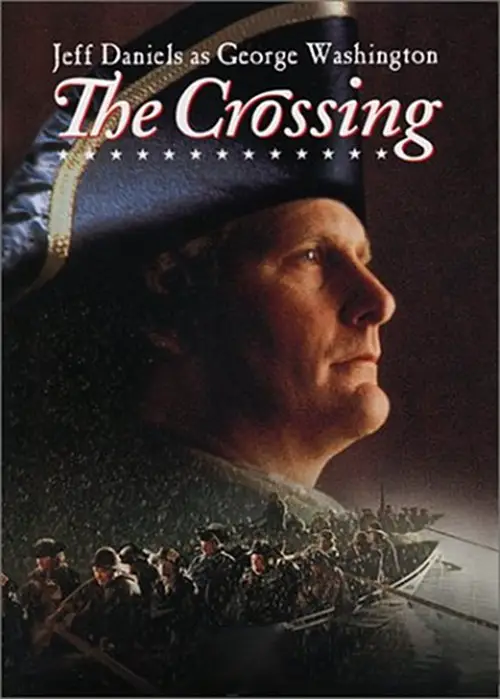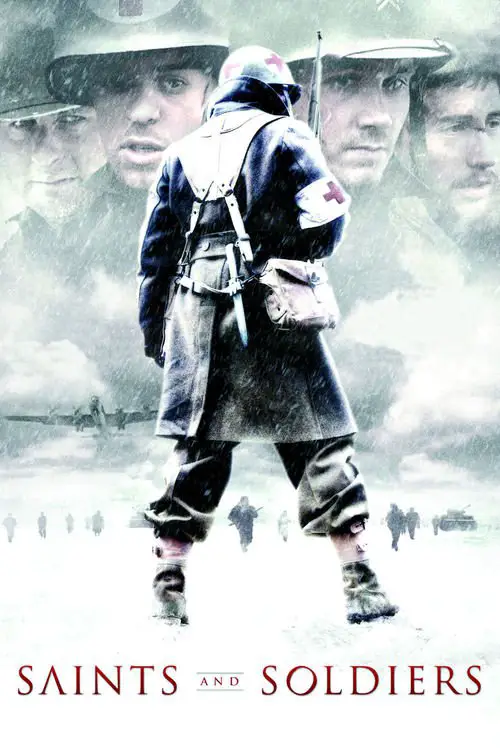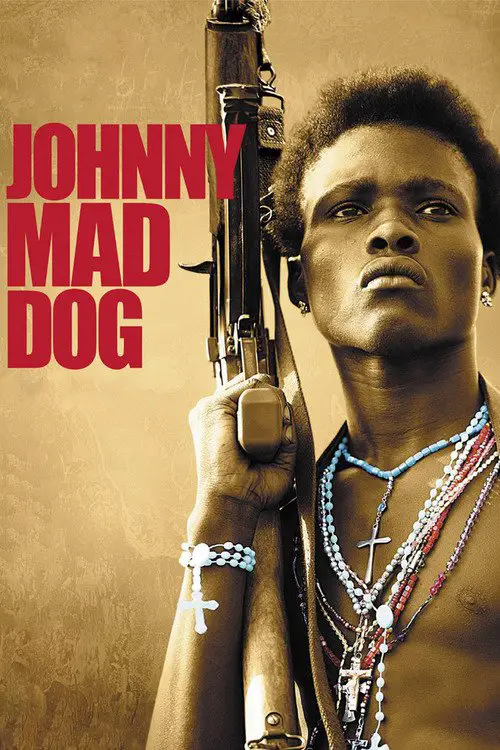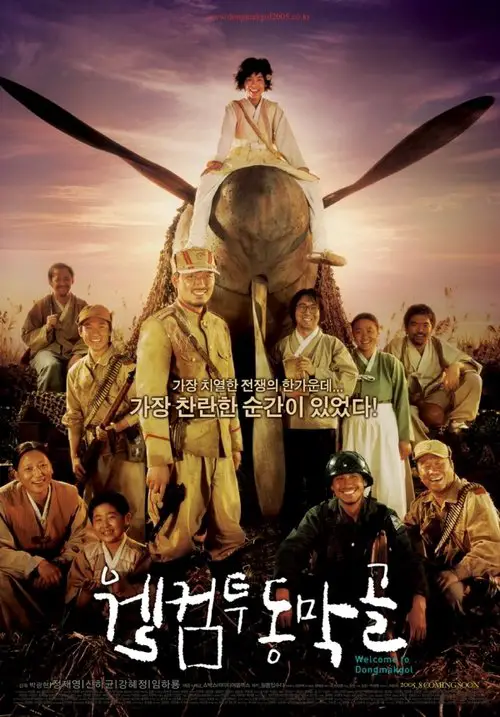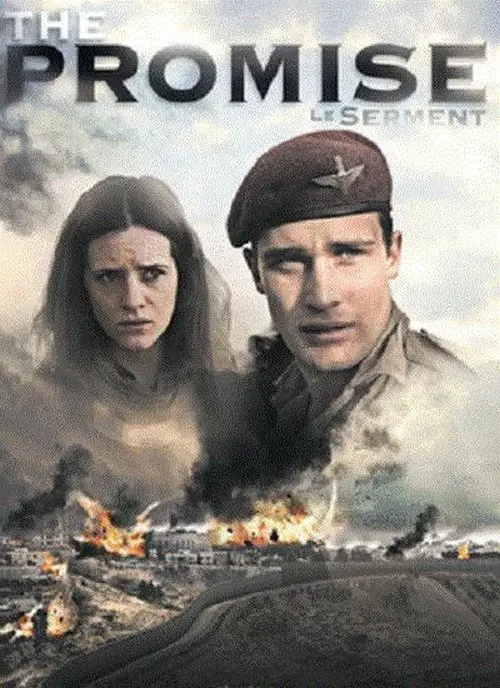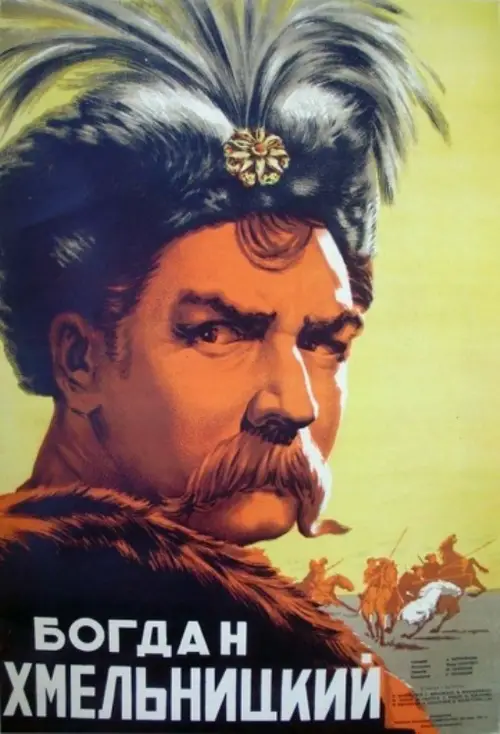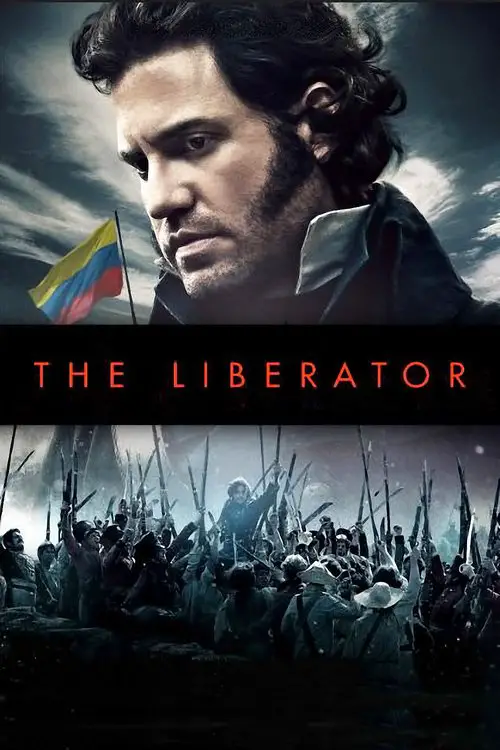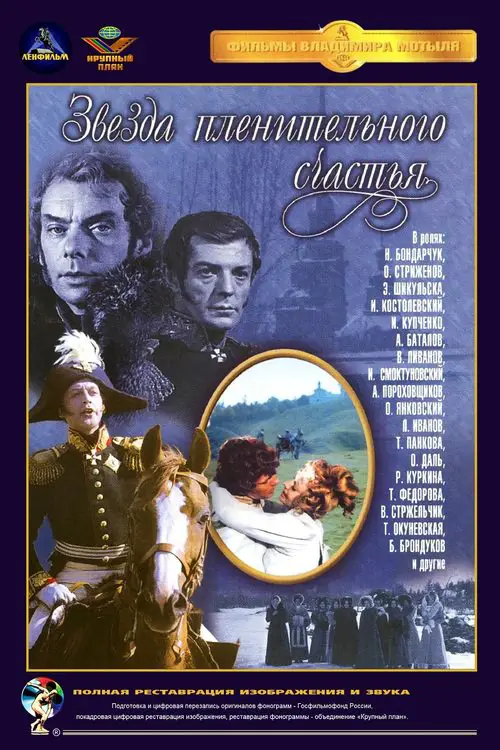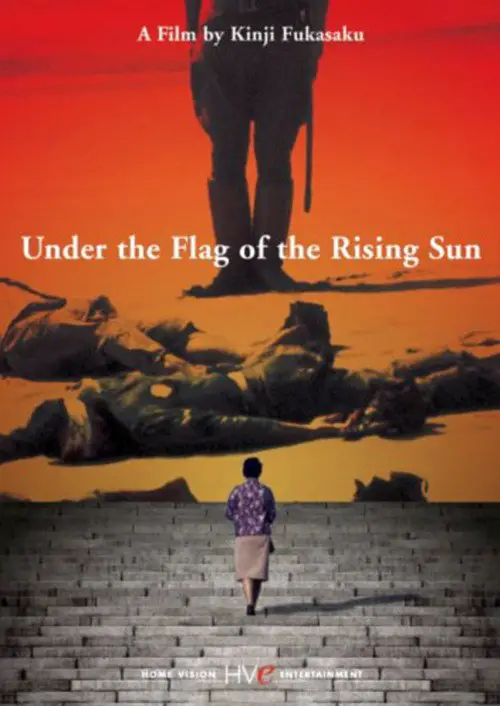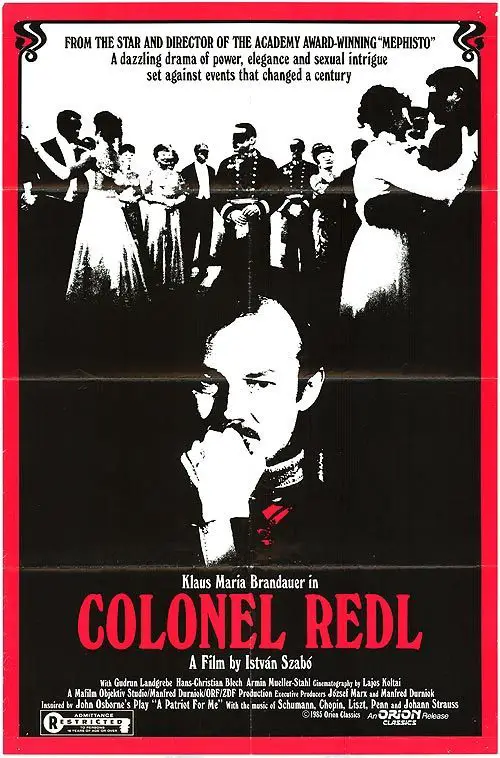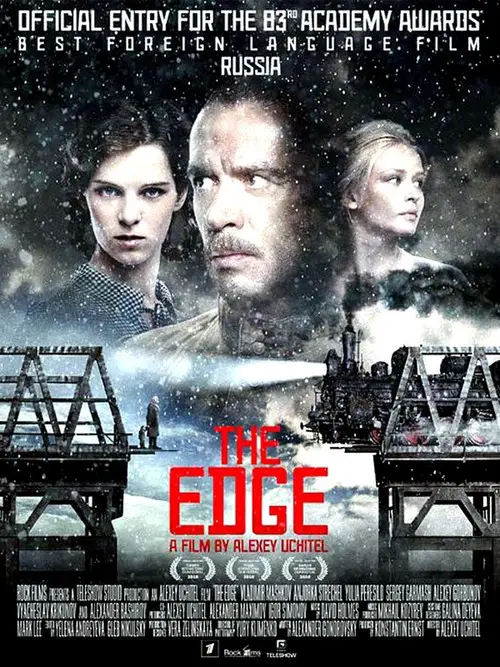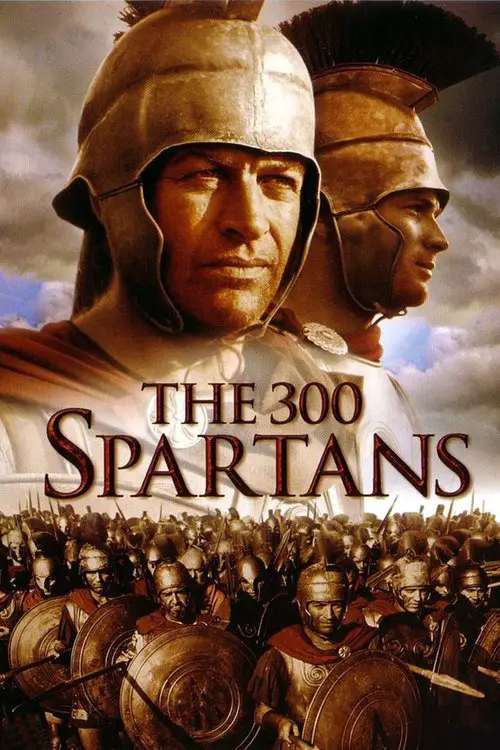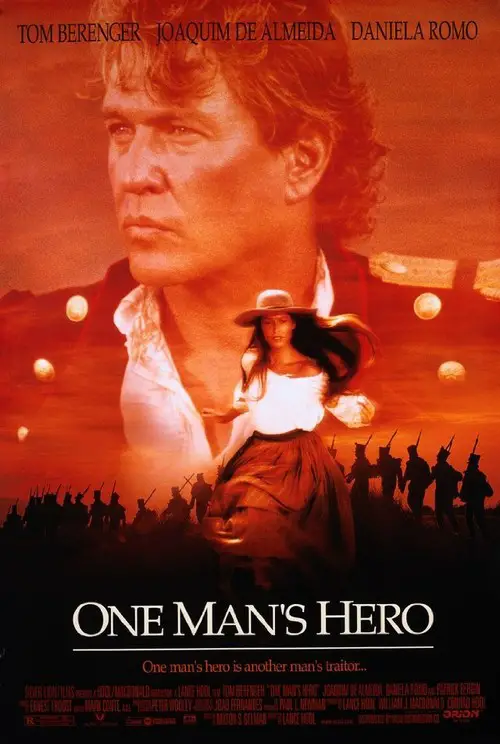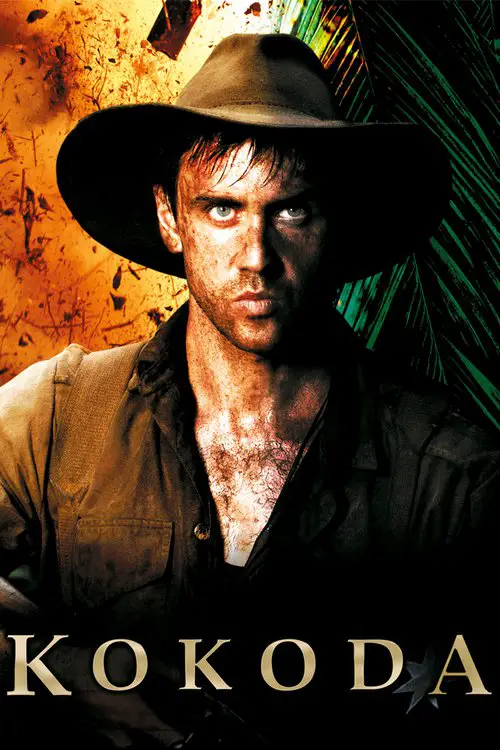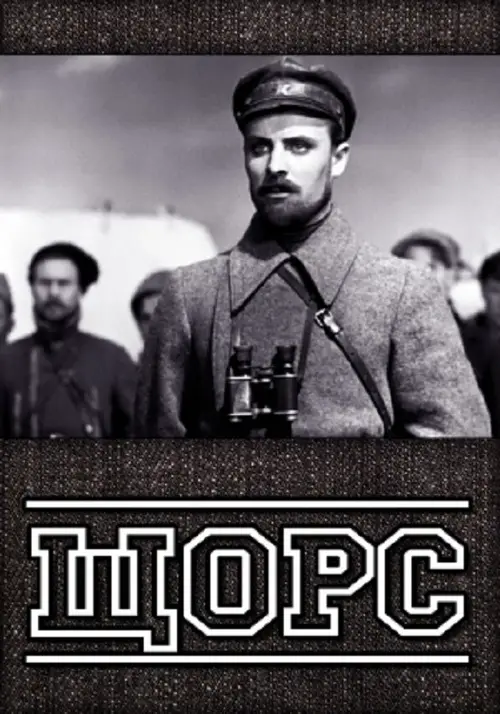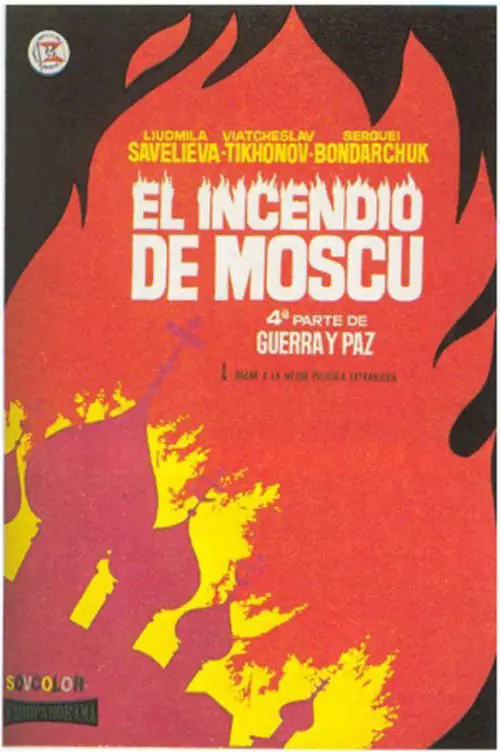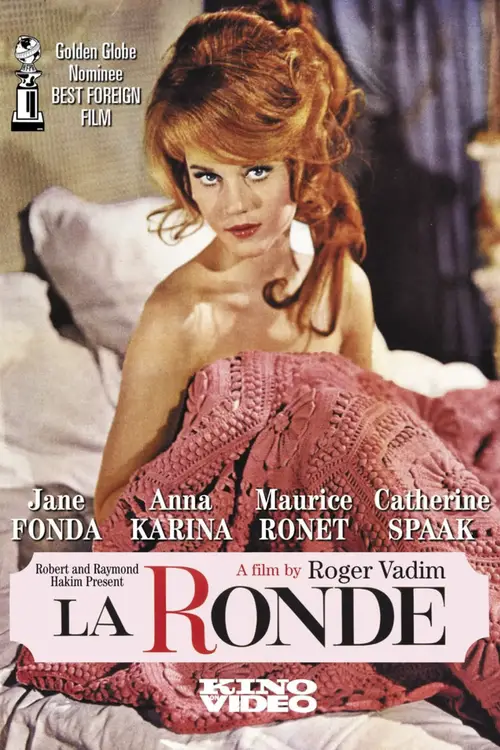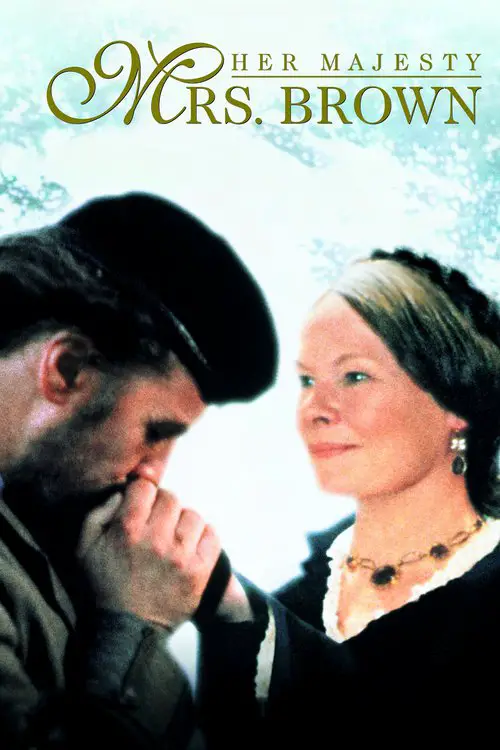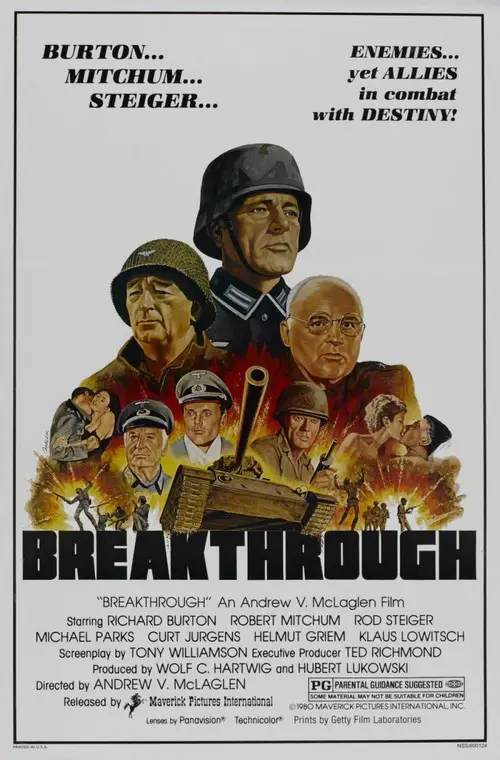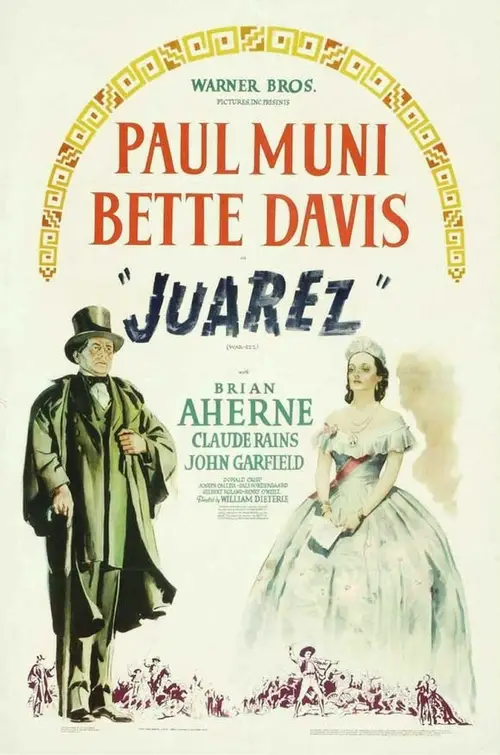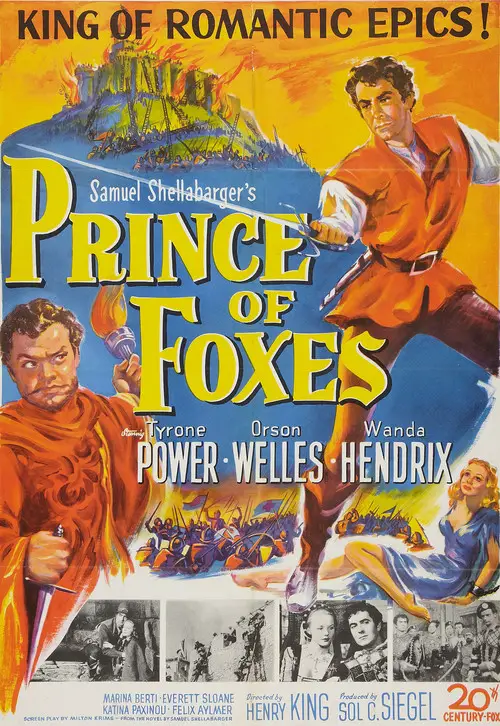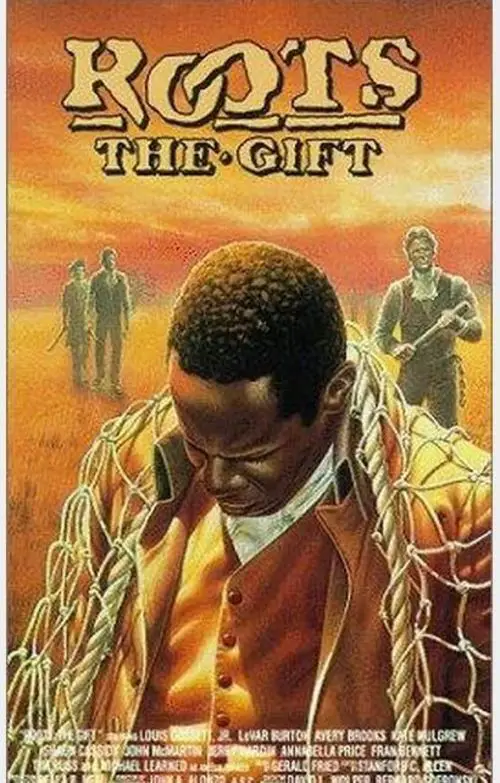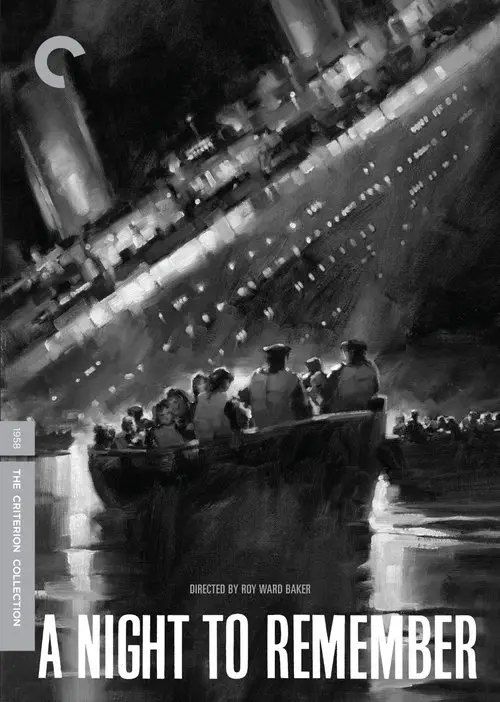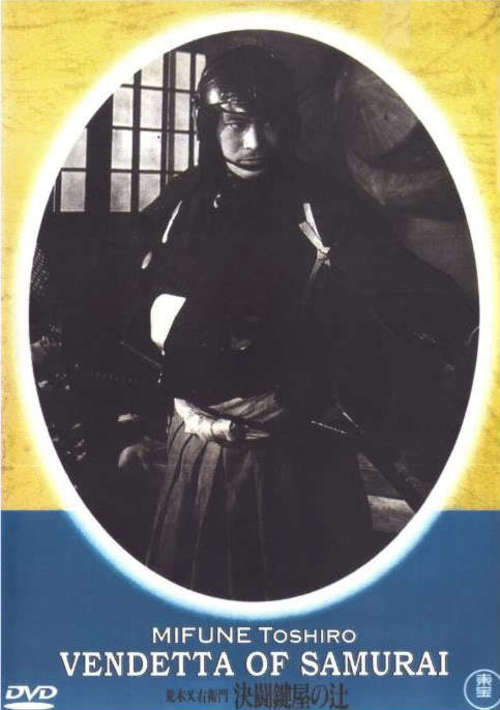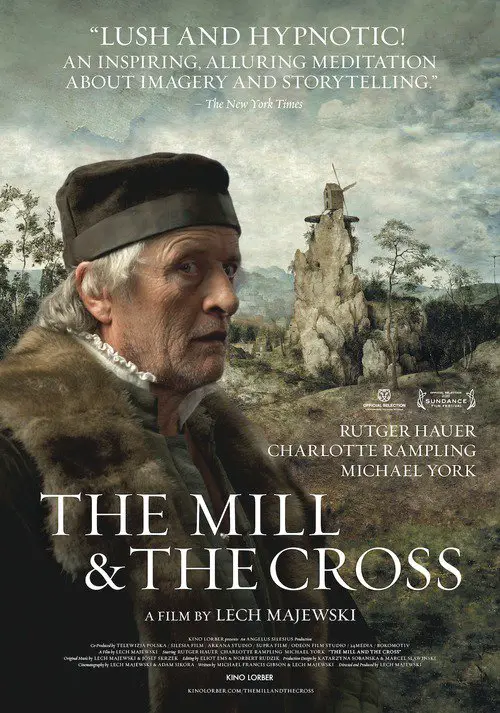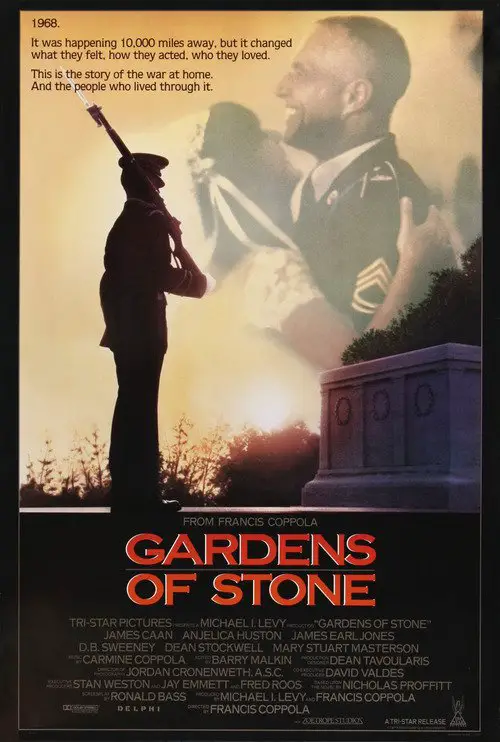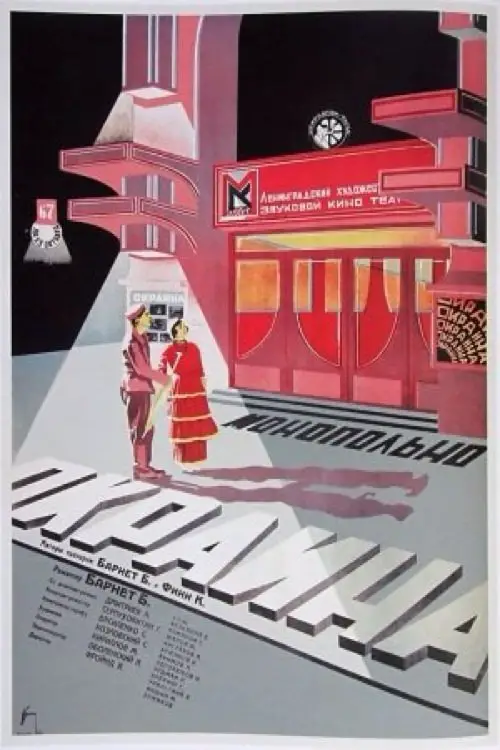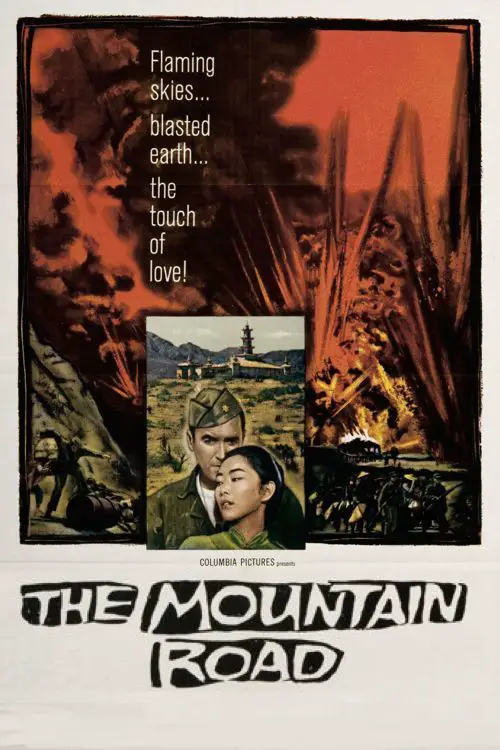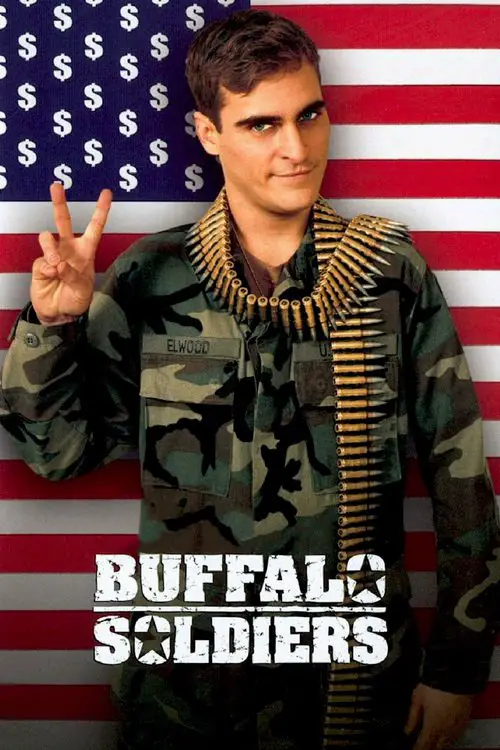They Fought for Their Motherland (1975)
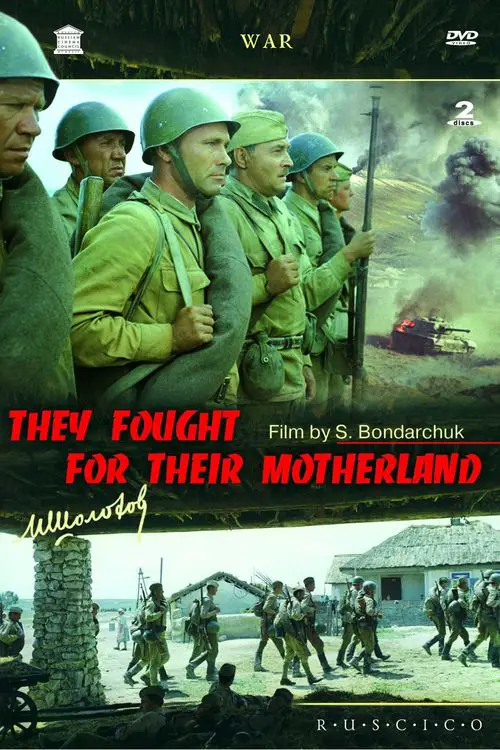
Similar movies
English General Charles George Gordon, a devout Christian, is appointed military governor of Anglo-Egyptian Sudan by Prime Minister Gladstone. Ordered to evacuate Egyptians from the Sudan, General Gordon stays on to protect the people of Khartoum, who are under threat of being conquered by a Muslim army.
During the War of 1812 against Britain: General Andrew Jackson has only 1,200 men left to defend New Orleans when he learns that a British fleet will arrive with 60 ships and 16,000 men to take the city. In this situation an island near the city becomes strategically important to both parties, but it's inhabited by the last big buccaneer: Jean Lafitte. Although Lafitte never attacks American ships, the governor hates him for selling merchandise without taxes - and is loved by the citizens for the same reason. When the big fight gets nearer, Lafitte is drawn between the fronts. His heart belongs to America, but his people urge him to join the party that's more likely to win.
As the communist revolt progresses in Russia, a female commissar is dispatched to some anarchist sailors to get them on board the party bandwagon. Her arrival is met with skepticism and an attack by an aspiring rapist. She shoots the man in self defense and begins to form the sailors into a cohesive fighting unit. Joining the unit for a mission, the sailors are all murdered before they can convert to communism. The fallen angel is held up as a symbolic heroine to the people's cause in this decidedly propaganda-drenched film. The film took a specially created prize at the 1963 Cannes Film Festival, somewhat to the consternation of critics who failed to observe its merits.
The film begins with his capture by Philippine and US forces under Frederick Funston's command in 1901, then flashes back to 1886, when an old woman gives Aguinaldo and his childhood friend Candido Tirona cryptic prophecies. Ten years later, Aguinaldo is inducted into the Katipunan and later assumes leadership of its Cavite chapter while becoming mayor of Cavite El Viejo. When the trouble breaks out in Manila in late August 1896, Aguinaldo tries to assure the Spanish provincial government of non-interference and covertly marshals his forces despite a lack of weapons. Learning that the Spanish mostly put their forces in Manila, Aguinaldo finally mobilizes his troops and take the command of the Katipunan forces in Cavite
This harrowing tale of survival centers on Rose, a Masurian woman, whose German soldier husband was killed in the war, leaving her alone on their farm. A single woman had no defense against Russian soldiers who raped as a form of revenge, nor against plundering Poles who found themselves in desperate straits. Help arrives for Rose in the form of Tadeusz, a former officer in the Polish Home Army who deserted after he saw his wife raped and murdered by Russian troops and is attempting to hide his identity.
The true story of Ivan Sanchin, the KGB officer who was Stalin's private film projectionist from 1939 until the dictator's death. Told from Sanchin's view, the sympathetic but tragically flawed hero maintains unwavering faith in his "Master" despite the arrest of his neighbors and his involvement with their daughter, his wife's affair with the chilling State Security chief Lavrentii Beria and her tragic decline, and the deadly political machinations within the Kremlin he witnesses firsthand. Written by Martin H. Booda
In autumn of 1526, the Emperor, Charles V, sends his German landsknechts led by Georg von Frundsberg to march towards Rome. The inferior papal armies, commanded by Giovanni de'Medici, try to chase them in the midst of a harsh winter. Nevertheless, the Imperial armies manage to cross the rivers along their march and get cannons thanks to the maneuvers of its Lords. In a skirmish, Giovanni de'Medici is wounded in the leg by a falconet shot. The attempts to cure him fail and he dies. The Imperial armies assault Rome. The film is beautifully but unassumingly set, and shows the hard conditions in which war is waged and its lack of glory. It ends straightforwardly with the declaration made after the death of Giovanni de'Medici by the commanders of the armies in Europe of not using again fire weapons because of their cruelty.
Inspired by a true story. Jun Shik works for Tatsuo's grandfather's farm while Korea is colonized by Japan, but he has a dream to participate in Tokyo Olympics as a marathon runner. Tatsuo also aims to become a marathon runner, so the two are in rivalry. But war breaks out and they both are forced to enlist in the army. Tatsuo becomes the head of defense in Jun Shik's unit and he devises a scheme but fails. Jun Shik and Tatsuo are captured by the Soviets. They run away but soon are captured by Germans and forced to separate. In 1944, they meet again at the shores of Normandy.
At the outbreak of the Spanish Civil War, the nun Maria is forced to flee her convent. She takes refuge in a brothel, until it is liberated by a woman's anarchist group. Maria joins the group and eventually goes to the front. The women's group faces the problems of fighting not only the nationalists, but also factions on the left seeking to impose a more traditional military structure. Written by Brian Rawnsley
A classic story of English POWs in Burma forced to build a bridge to aid the war effort of their Japanese captors. British and American intelligence officers conspire to blow up the structure, but Col. Nicholson , the commander who supervised the bridge's construction, has acquired a sense of pride in his creation and tries to foil their plans.
Tells the story of operation Market Garden. A failed attempt by the allies in the latter stages of WWII to end the war quickly by securing three bridges in Holland allowing access over the Rhine into Germany. A combination of poor allied intelligence and the presence of two crack German panzer divisions meant that the final part of this operation (the bridge in Arnhem over the Rhine) was doomed to failure.
In 1879, the British suffer a great loss at the Battle of Isandlwana due to incompetent leadership. Cy Endfield co-wrote the epic prequel Zulu Dawn 15 years after his enormously popular Zulu. Set in 1879, this film depicts the catastrophic Battle of Isandhlwana, which remains the worst defeat of the British army by natives, with the British contingent outnumbered 16-to-1 by the Zulu tribesmen. The film's opinion of events is made immediately clear in its title sequence: ebullient African village life presided over by King Cetshwayo is contrasted with aristocratic artifice under the arrogant eye of General Lord Chelmsford (Peter O'Toole). Chelmsford is at the heart of all that goes wrong, initiating the catastrophic battle with an ultimatum made seemingly for the sake of giving his troops something to do. His detached  manner leads to one mistake after another.
As World War I rages, brave and youthful Australians Archy and Frank, both agile runners, become friends and enlist in the Australian and New Zealand Army Corps together. They later find themselves part of the Dardanelles Campaign on the Gallipoli peninsula, a brutal eight-month conflict which pit the British and their allies against the Ottoman Empire and left over 500,000 men dead.
After the Cuban Revolution, Che is at the height of his fame and power. Then he disappears, re-emerging incognito in Bolivia, where he organizes a small group of Cuban comrades and Bolivian recruits to start the great Latin American Revolution. Through this story, we come to understand how Che remains a symbol of idealism and heroism that lives in the hearts of people around the world.
Documentary-drama recounting the Martian War of 1913 - 1917. Europe was on tenterhooks in the 2nd decade of the 20th century, everyone was expecting a Great War between the major European powers. But then, in 1913, something crashed into the forests of SW Germany. Troops were sent to investigate but were wiped out. Martian fighting machines began making their way across Western Europe and the countries of Europe combined forces to resist them. With aspects taken from "The War of the Worlds" by H.G. Wells and from WWI itself, this dramatisation presents a documentary style look at events as they unfolded and the effect they had of our world today. Lots of references to real events including the mass attacks and defeats as men were thrown against machines on the Western front, the Christmas truce and the Angel of Mons, America's isolationism and late entry into the conflict, the worldwide "Spanish" flu epidemic that killed more people than the war, and many other things.
CSS Hunley tells the incredible true story of the crew of the manually propelled submarine CSS Hunley, during the siege of Charleston of 1864. It is a story of heroism in the face of adversity, the Hunley being the first submersible to sink an enemy boat in time of war. It also relates the human side of the story relating the uncommon and extaordinary temperament of the 9 men who led the Hunley into history and died valiantly accomplishing this feat.
During Nazi occupation, red-headed Bent Faurschou-Hviid ("Flame") and Jørgen Haagen Schmith ("Citron"), assassins in the Danish resistance, take orders from Winther, who's in direct contact with Allied leaders. One shoots, the other drives. Until 1944, they kill only Danes; then Winther gives orders to kill Germans. When a target tells Bent that Winther's using them to settle private scores, doubt sets in, complicated by Bent's relationship with the mysterious Kitty Selmer, who may be a double agent. Also, someone in their circle is a traitor. Can Bent and Jørgen kill an über-target, evade capture, and survive the war? And is this heroism, naiveté, or mere hatred?
In 1898, a band of Spanish soldiers heroically defended Baler (which was not yet the capital municipality of Aurora until 1951) against Filipino forces for 337 long and grueling days. The battle, now referred to as the Siege of Baler, is the setting of a forbidden love between a Mestizo soldier (Jericho Rosales) and a Filipina lass (Anne Curtis) who lived at the end of the 19th century.
In 370 B.C, China was separated as seven nations and several other small tribes, one of these being the city state of Liang. The nation of Zhao is led by the terrifying Xiang Yangzhong who orders his troops to conquer the small city. Leaping to the defense of the people of Liang is 'Ge Li' from the Mo-Tsu tribe, their last hope from the terrors of Yangzhong's troops.
BolÃvar was instrumental in Latin Americaâs struggle for independence from the Spanish Empire, and is today considered one of the most influential politicians and emancipators in American history. Libertador is told from the viewpoint of BolÃvar, portrayed by RamÃrez, about his quests and epic military campaigns, which covered twice the territory Alexander the Great conquered, and his vision to unify South America.
In December 1825, distinguished members of the Russian military, most of whom were quite affluent and of noble lineage, took it upon themselves to stir revolution against the autocratic and tyrannical Czar Nikolai I in the wake of his not honoring the drafting of a constitution for the Russian people. The revolution failed miserably and the conspirators (known as the Decembrists) were weeded out by the czar himself. One by one, each of the conspirators confess and are systematically exiled to the harsh winters of Siberia, slated to work and wither in a prison/mine. The wives of the conspirators are faced with the prospect of leaving the bosom of wealth and family (including their own children) to be with their husbands in the brutal Siberian locale. If they agree to this, they face having their illustrious social stations stripped away and certain disdain from everyone around them...
A war widow determined to clear the name of her disgraced husband, who was court-martialed for desertion and executed. Official records have been destroyed, and the ministry that distributes benefits continues to deny her a pension. Twenty-six years after the war, she seeks out four survivors of her husband's garrison. Each tells a dramatically different story about her husband's conduct, but she is determined to learn the truth.
The action takes place shortly after the end of the Second World War in the Siberian hinterland, among Russians and Germans with damaged personal stories and a strange transformation: the victors seem to be crawling into the skins of the defeated, and vice versa. Ignat, is the embodiment of the larger-than-life image of the Soviet victorious warrior who, in fact, proves to be shell-shocked, sick and broken, although not completely destroyed. Trains become fetish for the heroes of the film, and speed becomes a mania; they virtually become one with their steam engines, while the machines take on human names. The heroes set up an almost fatal race in the Siberian forest, risking their own lives and those of others.
One Man's Hero tells the little-known story of the "St. Patrick's Battalion" or "San Patricios," a group of mostly Irish and other immigrants of the Catholic faith who deserted to Mexico after encountering religious and ethnic prejudice in the U.S. Army during the Mexican-American War. The plot centers around the personal story of John Riley, an Irishman who had been a sergeant in the American Army who is commissioned as a captain in the Mexican army and commands the battalion, as he leads his men in battle and struggles with authorities on both sides of the border
The year is 1919. German troops retreat from Ukraine. The Directory, the Ukrainian national government lead by Symon Petliura, takes control of Kyiv. Meanwhile, the Bolshevik division commanded by Mykola Shchors is marching on the capital. The Bolsheviks capture the cities of Vinnytsia, Zhmerynka, and others one by one, but lose Berdychiv to Petliuraâs forces. They are demoralized by the defeat. By his personal example of courage and military skill, Shchors inspires the retreating Red troops and leads them to victory over the enemy.
As Moscow is set ablaze by the retreating Russians, the Rostovs flee their estate, taking wounded soldiers with them, and unbeknownst to them, also Andrei. Pierre, dressed as a peasant, tries to assassinate Napoleon but is taken prisoner. As the French are forced to retreat, he is marched for months with the Grande Armée, until being freed by a raiding party. The French are defeated by Kutuzov in the Battle of Krasnoi. Andrei is recognized and is brought to his estate. He forgives Natasha on his deathbed. She reunites with Pierre and they marry as Moscow is being rebuilt.
Starting in late May 1944, during the German retreat on the Eastern Front, Captain Stransky (Helmut Griem) orders Sergeant Steiner (Richard Burton) to blow up a railway tunnel to prevent Russian forces from using it. Steiner's platoon fails in its mission by coming up against a Russian tank. Steiner then takes a furlough to Paris just as the Allies launch their invasion of Normandy.
In 1500, Duke Cesare Borgia hopes to marry his sister (widowed by poison) to the heir apparent of Ferrara, which impedes his conquest of central Italy. On this delicate mission he sends Andrea Orsini, his sister's lover and nearly as unscrupulous as himself. En route, Orsini meets Camilla Verano, wife of the count of Citta' del Monte (Borgia's next intended conquest); and sentiment threatens to turn him against his deadly master, whom no one betrays twice...
In December 1775, Cletus Moyer is a free black Northerner in colonial America, helping slaves escape captivity. In the days just prior to Christmas, a group of bounty hunters captures Moyer.
Because of his capture, dozens of slaves who have already left their plantations are in danger of being captured as well. Moyer implores two slaves from a nearby plantation to take his place: Kunta Kinte, a Mandinka in his mid-twenties who was captured in what is now Gambia, and Fiddler, an elderly man who was born into slavery. Kunta is eager to help (and to escape himself), but Fiddler is unwilling, fearful of the consequences if they are caught.
The famous showdown at Kagiya corner has been told many times, but never before with the realism and intensity of this version scripted by Kurosawa Akira and starring Mifune Toshiro as the famed swordsman who must face his best friend as they are forced to take opposite sides in a vendetta caused by the murder of a family member. Told mostly in flashback as the avengers await the arrival of their quarry, this film displays true heroism in the face of fear as most of the combatants, while of the samurai class are not skilled swordsmen. They contrast sharply with the true warriors involved in this battle. Araki Mataemon (Mifune), who was not only a direct student of Yagyu Munenori, but the founder of his own sword style under the Yagyu name is a powerful force ready to assist his brother-in-law against the murderer's allies that include not only another noted sword teacher, but the deadly spear of Katsumi no Hanbei.
A Victorian surgeon rescues a heavily disfigured man being mistreated by his "owner" as a side-show freak. Behind his monstrous facade, there is revealed a person of great intelligence and sensitivity. Based on the true story of Joseph Merrick (called John Merrick in the film), a severely deformed man in 19th century London.
What would it be like to step inside a great work of art, have it come alive around you, and even observe the artist as he sketches the very reality you are experiencing? From Lech Majewski, one of Poland's most acclaimed filmmakers, The Mill and the Cross is a cinematic re-staging of Pieter Bruegel's masterpiece "Procession to Calvary," presented alongside the story of its creation.
The movie takes place in the early 18th century on the borders between Bosnia and Dalmatia, the crossroad between the Ottoman Empire and the Republic of Venice. It deals with issues relating to the region's native Croats as they struggle between to live between two empires and two faiths: Catholicism and Islam.
In 1944, in eastern part of China, U.S.Army Major Baldwin and his volunteer team of demolition engineers are left behind the retreating Chinese forces. Their task is to slow down the Japanese advance into eastern China by blowing up bridges, roads, airfields and munitions dumps. They start by blowing up an American airfield and ammo dump. They receive the order to destroy a vital bridge over a mountain pass.The team uses a few army trucks to move around. At the bridge, they encounter a Nationalist Chinese Army unit in charge of guarding the bridge. Thanks to an American soldier who speaks some Chinese, Major Baldwin requests the permission, from the Chinese commander, to blow up the bridge.The Chinese colonel agrees but asks the American Major to do him a favor by also destroying a munitions dump located at some distance away.He also requests that Madame Sue-Mei Hung, the widow of a Chinese colonel, be transported by the American demolition team to the nearest major town.
Set just before the fall of the Berlin Wall in 1989, Sgt. Ray Elwood is an American soldier stationed at a German army camp. A soldier because a judge gave him a choice between the army and jail, Ray spends much of his free time cooking cocaine for the MPs. When a soldier dies and a toxicology screen shows an alarming level of illegal narcotics, someone is sent in to investigate.
© Valossa 2015–2026
| Privacy Policy


